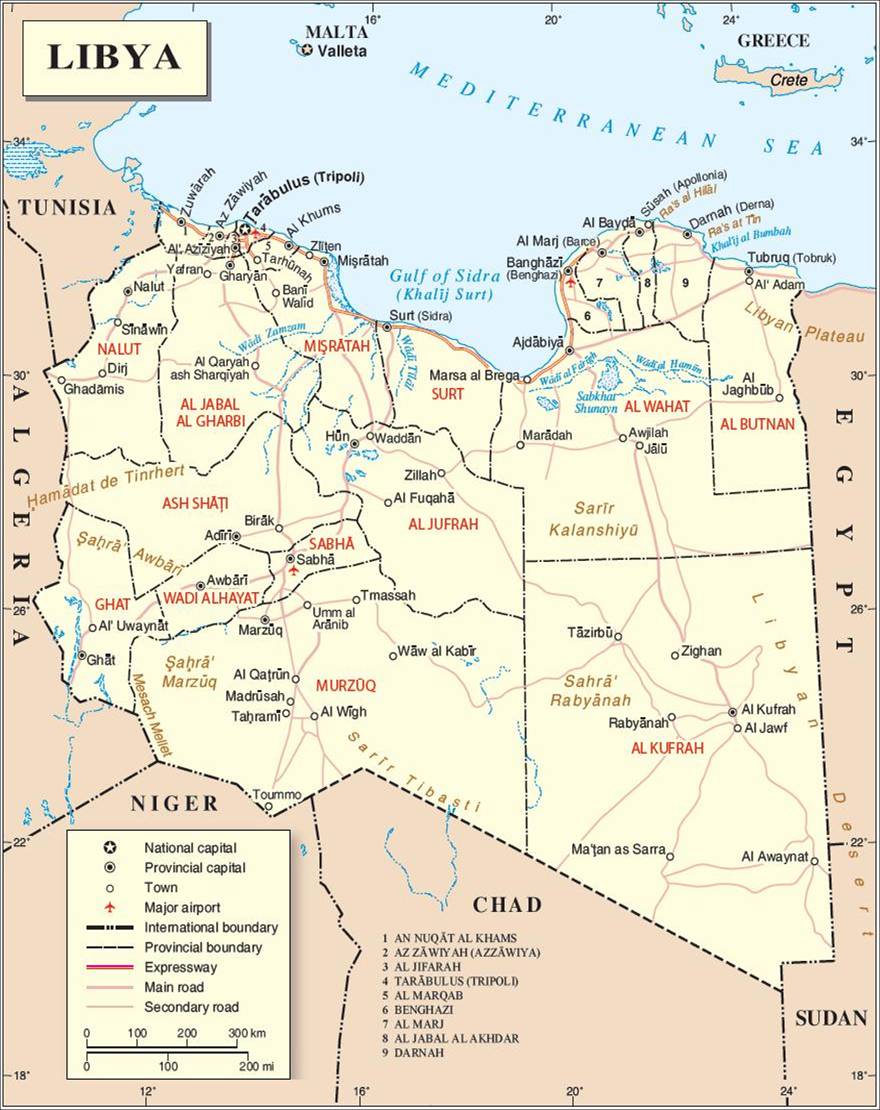Overview
Election results slowly dribbled out over the last week, indicating that Islamist parties and Mahmoud Jibril’s National Forces Alliance (NFA) will probably have to share power in a loose “unity” government. The balance of power could reduce the possibility of an Islamist backlash, which might have occurred if early indications of a secular landslide had been realized.
A large-scale armed stand-off between Misratah and Bani Walid militias looks set to end with an exchange of hostages. The incident serves to underline the volatility of many areas within Tripolitania, where Qadhafi-era rivalries and bitter wartime feuds continue to resonate on local security.
Some time between 11 July and 15 July, the federalist Interim Cyrenaica Council (ICC) dismantled their road blocks on the coastal highway at Wadi Al-Ahmar, the recognized historic border between Tripolitania and Cyrenaica, 100km east of the coastal city of Sirte. The reopening of the road will ease commerce and reduces one source of military friction between the federal government and federalist militias.
Benghazi and Dernah continue to suffer violent incidents and other indicators that point to the growing influence of well-armed militias and radical Salafi militant groups.
Elections
Election results slowly dribbled out over the last week. Libya experienced a high 62% turnout despite the efforts of various forces (notably the federalist movement) to disrupt voting or encourage boycotts. This is an impressive result considering it is Libya’s first vote in over four decades and took place just nine months after the Qadhafi regime fell. Though the Mahmoud Jibril’s National Forces Alliance (NFA) won over half of the parliamentary party list seats in the new National Assembly, the tally of individual seats saw the Justice and Construction party (JCP) and other Islamist parties recover a strong share of parliamentary seats. Even so, as Umar Khan wrote in Fikra Forum on 13 July, “once confident of gaining 60% of the total seats... [Islamists] now expect the National Assembly to hang in an even balance unless a coalition is formed between the parties opposing Jibril and his alliance.” Khan concluded: “it is unlikely that [Jibril] will be in a position to dictate any policy or pass any legislation with ease.”





